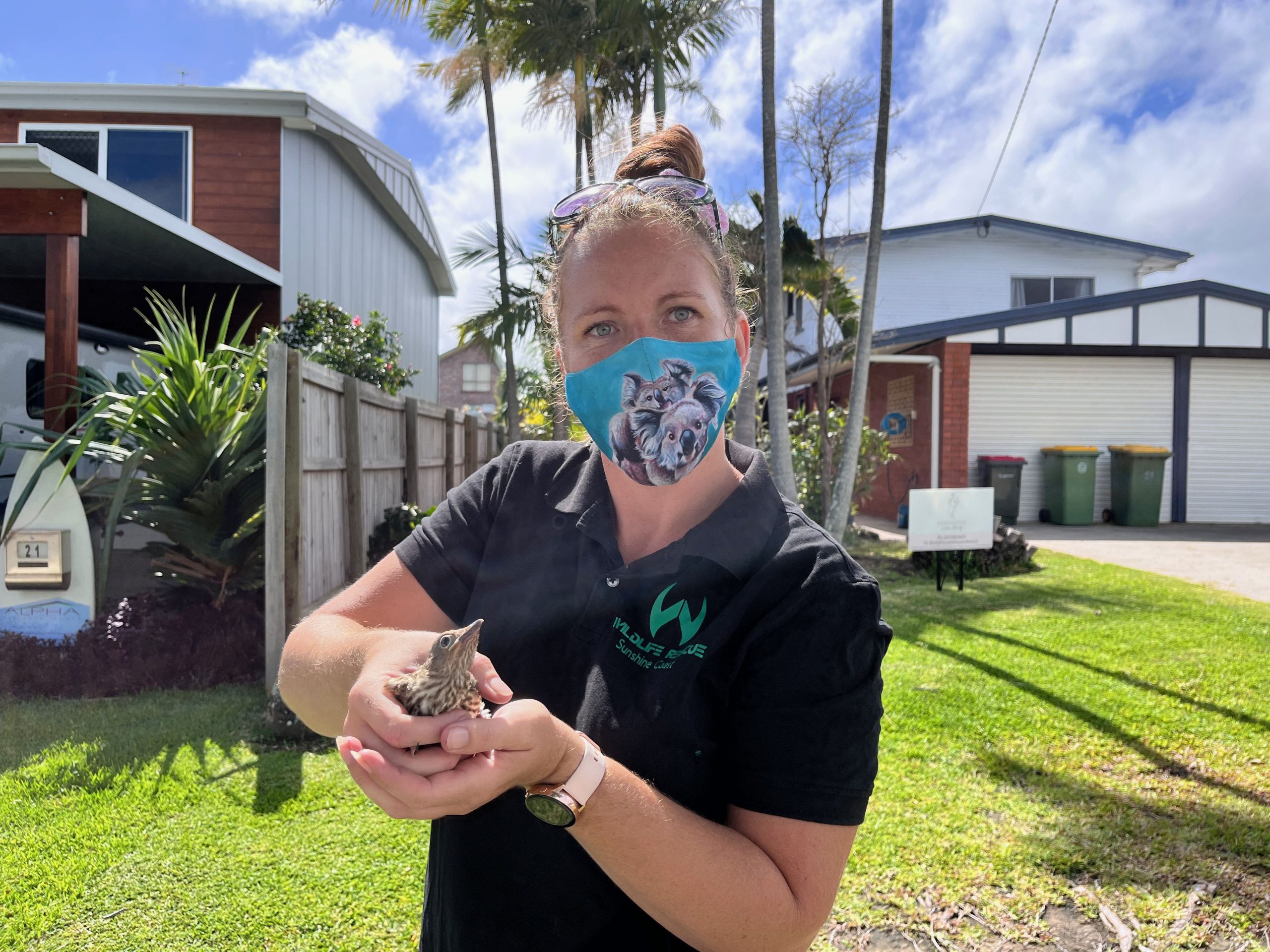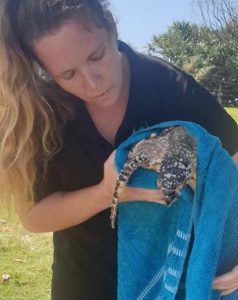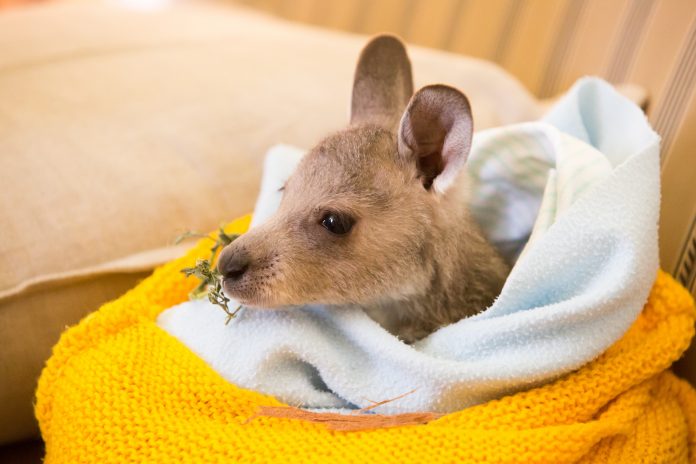Rapid development on the Sunshine Coast has come at a cost for the wild ones that live among us.
Wildlife rescuers once had a trauma season and a slow season but say increased land clearing and development now means rescues throughout the year.
Richelle Mason, one of Wildlife Rescue Sunshine Coast’s 30 volunteers who run a 24/7 hotline and rescue service for free, said the organisation was seeking sponsors to help support a significant increase in demand.
“Over the past three years we’ve rescued 4246 animals,” Richelle said.
Rescues for macropods have increased from 26 to 166 a year.
While WRSC raised more than $500,000 during the 2019/20 bushfires, it was shared with other local wildlife organisations.
“We rely on donations, we don’t receive funding from the council or government,” Richelle said.
“When a volunteer does a certain number of rescues they are reimbursed a little towards their fuel costs and this month has cost WRSC $1400 in reimbursements.”
Petrol price hikes in recent weeks have put extra pressure on the volunteers.
“Collectively, volunteers spend $40,000 a year on fuel and WRSC reimburses $12-$15,000 of that back to them,” she said.

Whether it’s manning the hotline for 12-hour shifts or being on call for rescues, a day in the life of a wildlife rescue volunteer is an emotional rollercoaster of joy and heartbreak.
And it’s rarely a simple task.
Reuniting a baby bird with its kin could take an hour or more, depending on how quickly the adult birds respond to their rescued young.
Trickier callouts could take several hours due to difficult access or the fight or flight response from the animal and might need more than one pair of hands.
Around full moon was one of the worst times for roos.
“My worst week was when I had five in a row, one every day,” Richelle said.
“One had a leg snapped off and was hopping on the bone to get away.”
Macropods were particularly vulnerable because they get myopathy, a stress condition which can be fatal even months after an incident.
“It’s like a slow-release heart attack, their muscles deteriorate and their body shuts down,” she said.
A sudden build-up of lactic acid leads to acidosis, their body fluid pH drops and muscle deterioration sets in, leading to kidney and lung damage, or heart failure.

The first thing a stressed macropod will do is drink water to try and flush out the acid.
“Even if it seems okay after an accident and hops away, let us know about it so we can try to locate it,” Richelle said.
The three hotspots for the most frequent rescues included the Sunshine Motorway north of the Maroochy River, David Low Way and Kawana Way.
Richelle advised taking a screen shot of your location on Google Maps when the animal was last spotted and sending it through to them.
“If you do hit an animal and it runs away, that doesn’t mean it’ll be fine,” she said.
“At least call us so we can try to locate it.”
Over half of their callouts were for birds.
After rainy weather, Rainbow Lorikeets suffer from paralysis.
Volunteers receive tiered training when they join WRSC.
The boots of their cars are jammed with the tools of their trade: towels, gloves, bottled water, sanitisers, a mini first-aid kit in case they get scratched or bitten, carriers in different sizes, a net in case they run and maybe a roo stretcher.
Like stories that inform, connect and celebrate the Sunshine Coast? So do we. Join an independent local news revolution by subscribing to our free daily news feed: Go to SUBSCRIBE at top of this article to register.
The group also provides emotional support to its members performing traumatic rescues, by reaching out to make sure the responder is okay.
“We’re always there for each other, compassion fatigue can creep up on you,” Richelle said.
“Some days you’ll go to six rescues and only one will survive.
“Even though you’re only with them for a short amount of time, they steal your heart.”
The financial and emotional toll pales in comparison to the rewards of the job.
“I love being out there educating the public about our wildlife and I get to teach my kids along the way, too.”
To donate, enquire about sponsoring, volunteer or report an injured animal, contact WRSC on 0458682152 or message via WRSC Facebook.





